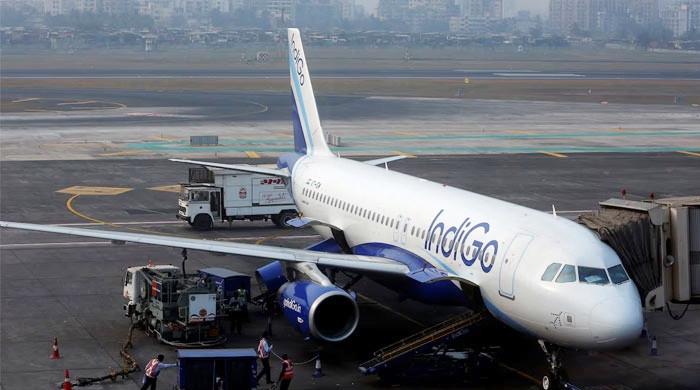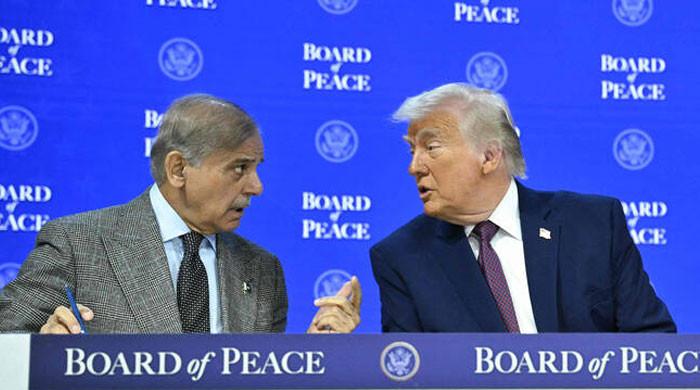With over 2m pending cases in courts, Justice Shah warns of eroding public trust over delays
"Delay in adjudication weakens institutional legitimacy of judiciary," says Supreme Court judge
August 16, 2025

- Delay in adjudicating cases undermines rule of law: Justice Shah.
- SC can't remain indifferent to systemic malaise of delay, judge adds.
- He urges transition toward modern, responsive case management.
ISLAMABAD: The Supreme Court (SC) has cautioned that delays in adjudicating cases at any level of the justice system erode public confidence, undermine the rule of law and disproportionately harm the weak and vulnerable who cannot afford prolonged litigation, The News reported on Saturday.
A two-member bench, comprising Justice Syed Mansoor Ali Shah and Justice Ayesha Malik, made the observations in a four-page judgment dismissing a petition by Abdul Salam Khan against a Peshawar High Court verdict in a property auction case.
The court noted the matter had been pending for 14 years — 10 of them in the high court — before reaching the Supreme Court in 2022, where it was taken up in 2025.
In the four-page verdict, Justice Shah pointed out the said case pending before the PHC for 10 years and said the SC could not "remain indifferent to the systemic malaise of delay in the adjudication of cases".
"It is beyond cavil that delay in adjudicating cases by the courts at any tier of the justice system corrodes public confidence in the judiciary, undermines the rule of law, and disproportionately harms the weak and vulnerable who cannot afford the cost of prolonged litigation.
"Delay in adjudication carries severe macroeconomic and societal consequences: it deters investment, renders contracts illusory, and weakens the institutional legitimacy of the judiciary," Justice Shah warned.
Highlighting that over 2.2 million cases were currently pending before courts across Pakistan, including approximately 55,941 cases before the SC alone, the judge remarked that "justice delayed is not merely justice denied; it is often justice extinguished".
Terming the issue as a matter of institutional policy and constitutional responsibility, Justice Shah urged that the SC "must urgently transition toward a modern, responsive, and intelligent case management framework".
"Such a system must, at a minimum, ensure: the early fixation of cases on a non-discriminatory basis; the elimination of 'queue-jumping' and preferential scheduling; the prioritisation of matters involving constitutional, economic, or national importance without compromising the timely resolution of individual claims; the implementation of age-tracking protocols to automatically identify dormant cases; and the judicious use of Artificial Intelligence (AI) tools to assist in scheduling and triage while preserving the sanctity of judicial discretion," the judge noted.












